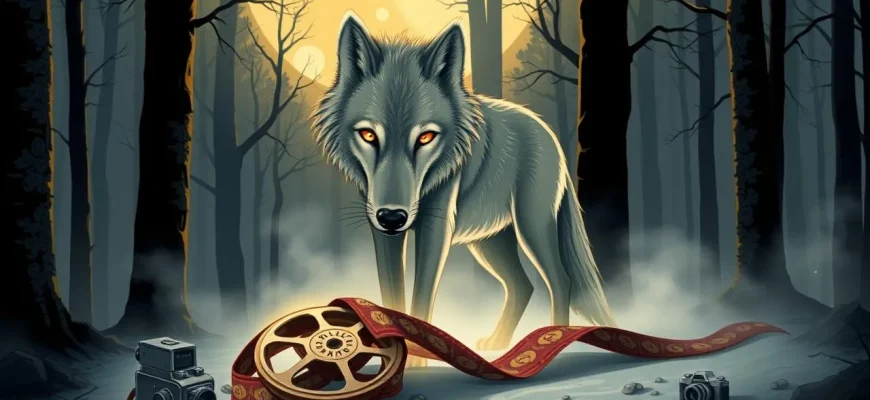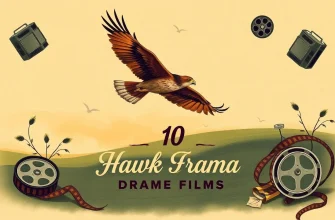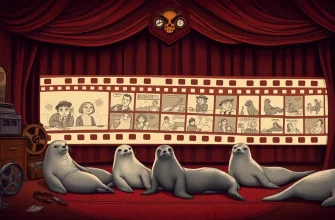Wolves have long been a symbol of the wild, untamed spirit, and their portrayal in cinema often brings out the raw, emotional, and dramatic elements of storytelling. This collection of 10 films delves into the lives of wolves, their interactions with humans, and the profound lessons they teach us about nature, survival, and the human condition. Whether you're a fan of wildlife or simply love a good drama, these films will captivate you with their compelling narratives and stunning visuals.
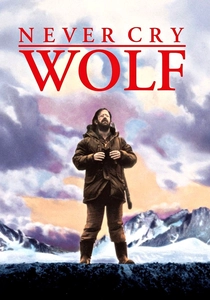
Never Cry Wolf (1983)
Description: Based on Farley Mowat's book, this film explores the life of a biologist sent to study wolves in the Canadian Arctic, challenging preconceived notions about these creatures.
Fact: The film was shot in the Yukon, and the wolves were trained to perform specific actions for the camera. The film's ending was changed from the book to provide a more uplifting conclusion.
 Watch Now
Watch Now
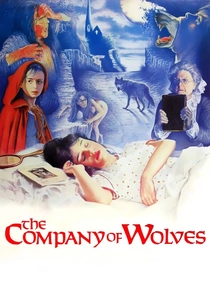
The Company of Wolves (1984)
Description: A surreal, gothic take on the Little Red Riding Hood tale, this film uses wolves as a metaphor for the dangers of adolescence and the unknown.
Fact: The film was inspired by Angela Carter's short stories and features a dreamlike quality with its use of special effects and set design.
 Watch Now
Watch Now
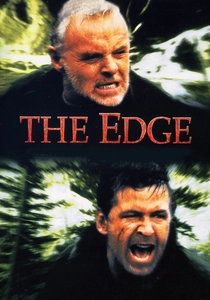
The Edge (1997)
Description: This survival thriller features a billionaire, a photographer, and a model stranded in the Alaskan wilderness, where they must outwit a bear and a pack of wolves to survive.
Fact: The film was shot in Alberta, Canada, and used real bears for some scenes, with CGI for others.
 Watch Now
Watch Now
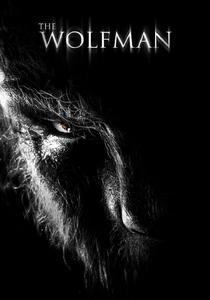
The Wolfman (2010)
Description: While not strictly about wolves, this film explores the horror and drama of lycanthropy, with a man transforming into a wolf-like creature, delving into themes of identity and control.
Fact: The film was a remake of the 1941 classic, and Benicio del Toro underwent extensive makeup sessions for his transformation scenes.
 Watch Now
Watch Now
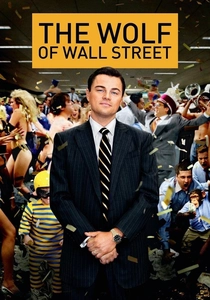
The Wolf of Wall Street (2013)
Description: Although not about literal wolves, this biographical black comedy-drama uses the term "wolf" metaphorically to describe the predatory nature of stockbrokers.
Fact: The film was based on the memoir of Jordan Belfort, and Leonardo DiCaprio improvised many of his scenes, including the infamous "I'm not leaving!" speech.
 Watch Now
Watch Now
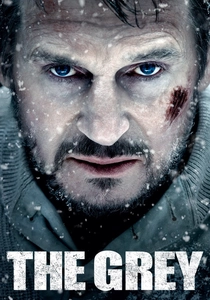
The Grey (2011)
Description: This film follows a group of oil workers stranded in the Alaskan wilderness after a plane crash, facing off against a pack of wolves. It's a gripping tale of survival, resilience, and the primal fight for life.
Fact: Liam Neeson performed many of his own stunts, including a scene where he had to crawl through freezing water. The film was shot in British Columbia, Canada, to mimic the Alaskan wilderness.
 Watch Now
Watch Now
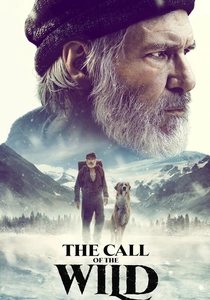
The Call of the Wild (2020)
Description: Another adaptation of Jack London's work, this film uses CGI to bring the story of Buck, a domesticated dog who becomes the leader of a pack of wolves, to life.
Fact: Harrison Ford's character, John Thornton, was digitally de-aged for some scenes to match the timeline of the story. The film's CGI wolves were created to be as realistic as possible.
 Watch Now
Watch Now
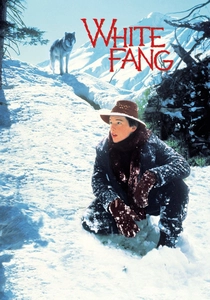
White Fang (1991)
Description: This adaptation of Jack London's novel tells the story of a young man and his half-wolf companion, exploring themes of friendship, survival, and the clash between civilization and the wild.
Fact: The film was shot in Yukon, Canada, and the wolf-dog hybrid used for the titular character was named Jed, who also starred in "The Journey of Natty Gann."
 Watch Now
Watch Now
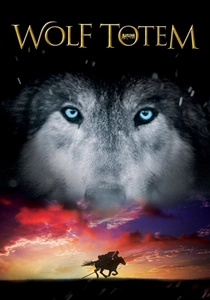
Wolf Totem (2015)
Description: Set in Inner Mongolia during the Cultural Revolution, this film follows a student sent to live among nomads, where he learns about the balance between man and nature through his encounters with wolves.
Fact: The film was shot in Inner Mongolia, and real wolves were used alongside CGI to depict the pack dynamics.
 30 Days Free
30 Days Free
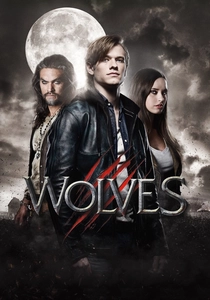
Wolves (2014)
Description: A teenage boy discovers he's a werewolf and must navigate his new identity while being pursued by a pack of wolves and a mysterious hunter.
Fact: The film was shot in Canada, and the director aimed to create a modern, gritty take on the werewolf mythos.
 30 Days Free
30 Days Free

